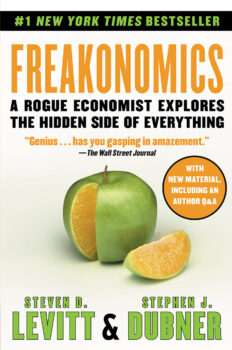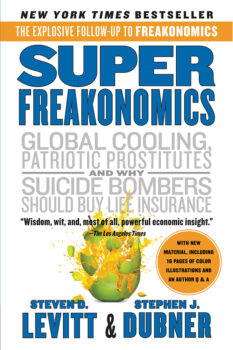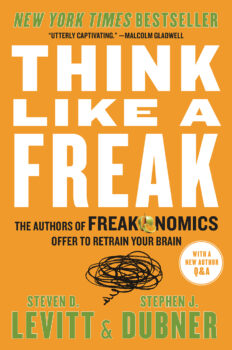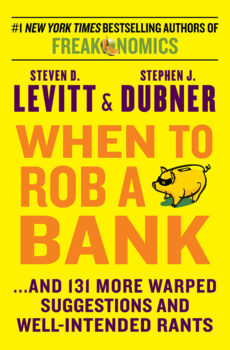How Does Pollution Affect Productivity?
A new NBER working paper (abstract; PDF) by Tom Chang, Joshua Graff Zivin, Tal Gross, and Matthew Neidell looks at how outdoor air pollution affects the productivity of indoor workers. They studied the effect of PM2.5, “a harmful pollutant that easily penetrates indoor settings,” on employees at a pear-packing factory in California, and the potential cost savings of eliminating such pollution:
We find that an increase in PM2.5 outdoors leads to a statistically and economically significant decrease in packing speeds inside the factory, with effects arising at levels well below current air quality standards. In contrast, we find little effect of PM2.5 on hours worked or the decision to work, and little effect of pollutants that do not travel indoors, such as ozone. This effect of outdoor pollution on the productivity of indoor workers suggests a thus far overlooked consequence of pollution. Back-of-the-envelope calculations suggest that nationwide reductions in PM2.5 from 1999 to 2008 generated $19.5 billion in labor cost savings, which is roughly one-third of the total welfare benefits associated with this change.




